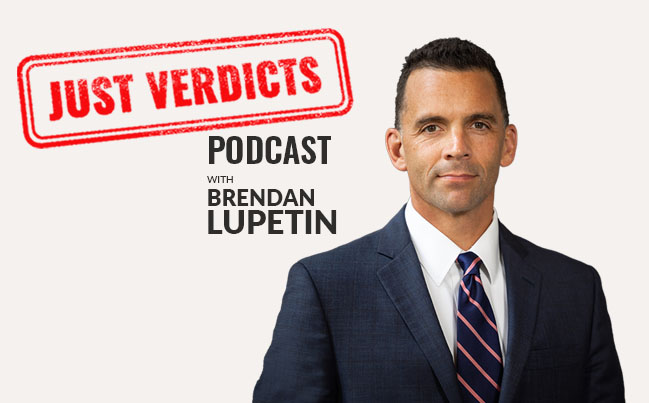
Episode 39
February 9, 2025
Mastering Medical Malpractice Arbitration: Insider Strategies from a Top Trial Lawyer
Episode Summary
In two decades of practicing law, host Brendan Lupetin hasn’t undertaken binding arbitration in a med-mal case. Sud Patel, past president of the Pennsylvania Association for Justice and leading trial lawyer at Fanelli, Evans & Patel, recently had two successful outcomes. So Brendan invites him to share his insights for plaintiffs’ lawyers with little or no experience in the process. In both of Sud’s cases, the arbitrator ruled in his clients’ favor, and the defense paid on time.
Produced and Powered by LawPods.
Episode Preview
- Sud was in junior high school, working at a golf club, when his immigrant father had a dispute with his business partner. Sud suggested that his dad call lawyers he knew from the club. Those lawyers would become Sud’s mentors and first employers.
- Sud discusses two cases that were resolved through binding arbitration: in one, the plaintiff died after their small bowel obstruction went untreated; in the other, the plaintiff’s Equina syndrome was misdiagnosed.
- In both cases, there was no discussion of arbitration and no settlement offers. Defense counsel was a “hard no” on mediation, but judges suggested binding arbitration.
- Sud outlines the logistics of how arbitration worked for both cases, including the use of Zoom and in-person testimony.
- At arbitration, Sud is as formal as he is in court. His pre-arbitration statements, in particular, are comprehensive.
- Sud’s closing at arbitration may be truncated, but he still covers jury instructions, preponderance of the evidence, more right than wrong, and other key elements of the case. He explains: “At the end of the day, the arbitrator is supposed to make a decision and apply the law, so I don’t want to take [anything] for granted.”
- Before both arbitrations, Sud had in-depth conversations with his clients so they understood what to expect, even showing them the technology, where they’d be sitting, and where microphones would be placed.
- Plaintiffs’ lawyers considering their first arbitration should research the venue so they understand the community’s feelings toward their type of case, Sud suggests.
Subscribe to Just Verdicts Podcasts
Refer a Case
Fill out the form below to refer a case.
